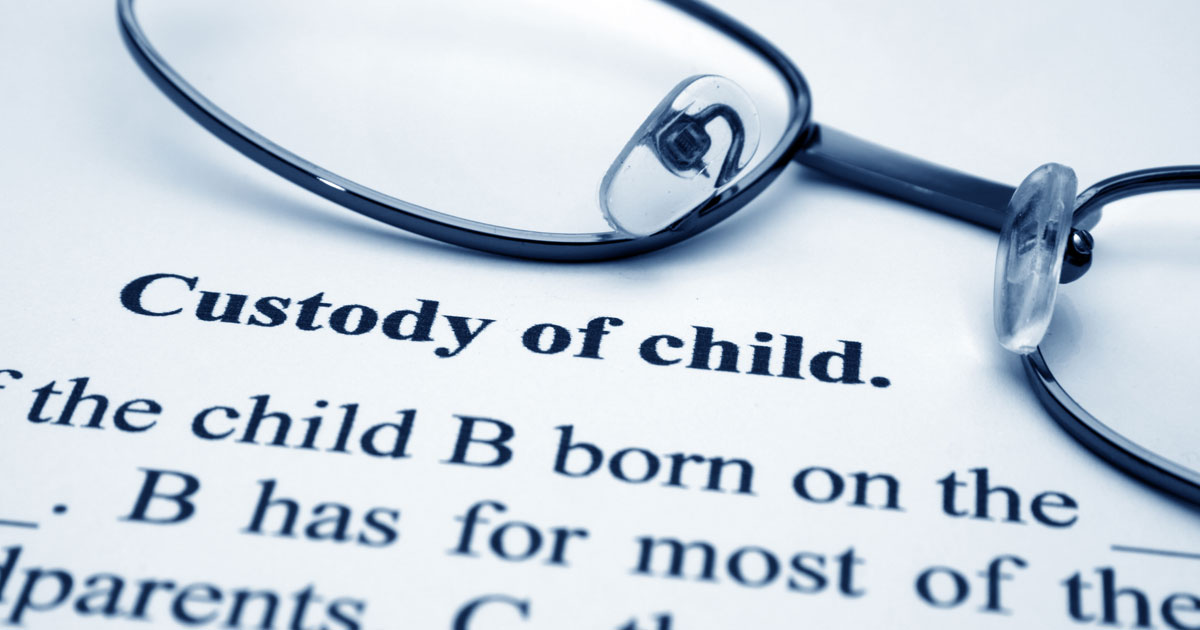Protecting your parental rights is one of the most important objectives after a divorce. There is a wide variety of child custody-related matters, and it is easy to become confused by all of the dense legal language. Below you’ll find a guide to the child custody process, as well as the main types of custody in the state of New Jersey.
Determining Custody
Courts consider many factors when determining child custody orders; the end is always what is in the child’s best interest. Courts consider aspects such as the parent’s willingness to agree on things, time desired to spend with the child, and even any past evidence of domestic violence or abuse.
If the non-custodial parent does have a history of domestic violence or if the court sees a need for precaution, that parent may be given eligibility for supervised visitation.
Some factors that courts take into consideration when determining custody are:
- The physical and mental health of both parents
- The child’s relationship with both parents
- The stability of each home environment
- The preference of the child (if age 12 or older)
- Parent’s employment status
- If the child has any special needs
Based on these needs and the parents’ agreement, a court will most likely approve their plan as long as it stands to benefit the child’s best interests. If the parents do agree, however, a judge will make the decision based on the above factors and any evidence presented.
Types of Child Custody in New Jersey
There are two main types of custody offered in New Jersey: legal custody and physical custody. Both types also can be arranged solely or jointly, depending on the child’s needs.
Legal Custody
This type of custody refers to the right to make decisions about the child’s upbringing. This includes aspects such as schooling, religious upbringing, and medical care.
Sole legal custody is when only one parent is legally allowed to make major life decisions on behalf of the child without consulting the other parent. Most courts prefer to assign joint custody out of the child’s best interest unless there is evidence of abuse or violence.
Joint legal custody is when both parents share the responsibility of significant decision-making for the child. Both parents also have to consult each other on most decisions, which courts tend to favor when thinking of the child.
Physical Custody
This type of custody refers to the right of a parent to live with their child. The assumption made by courts is that joint physical custody is more desirable and can allow the child to thrive with both parents to have a happy childhood.
Sole physical custody is when a child lives with one parent most of the time, otherwise known as the “custodial” parent, and the other parent will have the right to visitation and parenting time with their child periodically.
Joint physical custody is when the child equally splits their residential time between both of their parents. This type of custody works best when both parents live relatively close to one another to lessen the stress on the child’s routine.
Contact Our New Jersey Child Custody Attorneys Today
We understand that protecting your child’s interests is of the utmost importance to you while going through a divorce. With decades of combined experience behind us, we offer the compassionate and personalized services you need to ensure your child has a bright future ahead of them with their family.
If you have any questions about your child custody case, do not hesitate to contact us today through our website or give us a call at 856-751-5505 for a free consultation!


